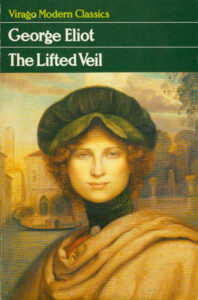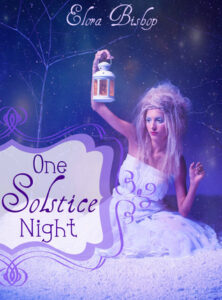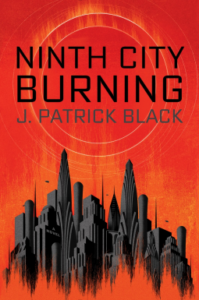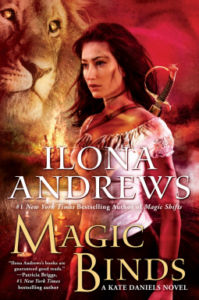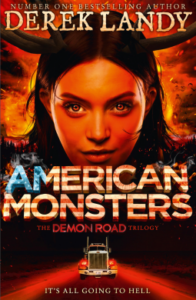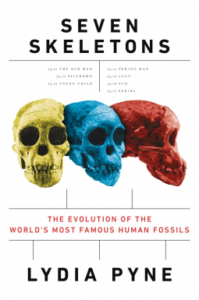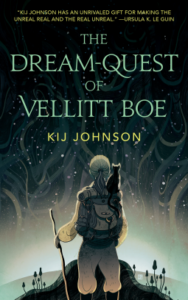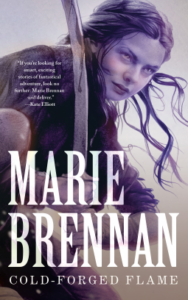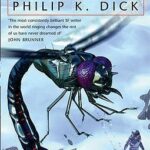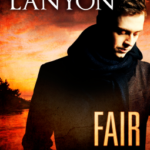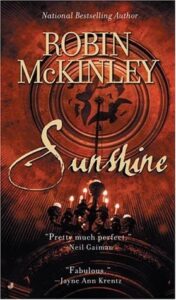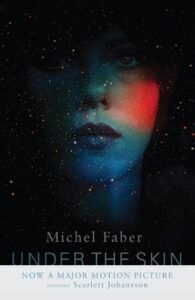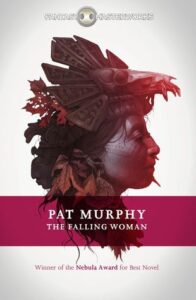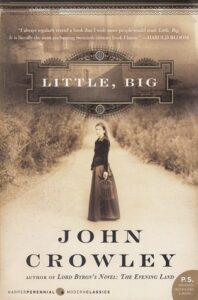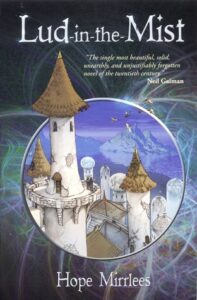 Lud-in-the-Mist, Hope Mirrlees
Lud-in-the-Mist, Hope Mirrlees
I’ve been meaning to read Lud-in-the-Mist for ages and ages, and I don’t know why I didn’t get round to it sooner. It is classic fantasy; more like Lord Dunsany’s work than anything modern, though maybe Patricia McKillip might be a spiritual successor in some ways. The prose is glorious; it just feels warm and vivid, though honey-tinged in colour. I felt, reading it, like I could see the city of Lud; like I knew something of the dreams of its people, even if their daily lives were perhaps a little too devoid of the whimsical. It’s a fairly traditional set-up in a way: a town which embraces modernism and turns away from what Fairyland offers, while Fairyland creeps in through the gaps.
There’s whimsy, but there’s also quite serious comments on human nature and human relationships, on people and the kinds of things they do and think. And ultimately, the point about letting in a little Fairyland is a good one: it’s basically a metaphor for imagination and fun, and that is something people need.
The characters are interesting because they’re not what you would expect from modern fantasy; they’re not great people, they’re not heroes. The main character is a middle-aged man who just wants to protect his son — a son he doesn’t understand, but whom he loves all the same, and maybe is only just realising how much he loves. Nathaniel Chanticleer isn’t a particularly good man, nor a particularly clever one — in fact, he can be rather silly; he’s not some exemplary chosen one. He’s just the one who happens to be there, and just happens to do the right things, because of perfectly ordinary emotions.
I really enjoyed Lud-in-the-Mist, probably for the same reason I enjoyed Dunsany: it’s a kind of magic that I don’t find in modern fantasy enough, an old enchantment.


